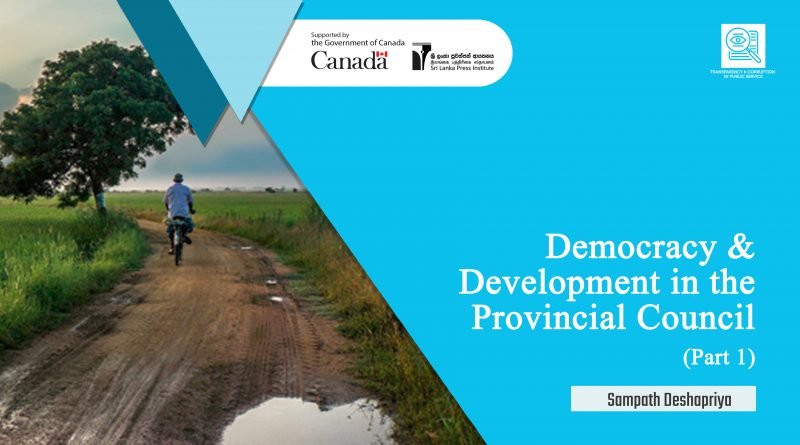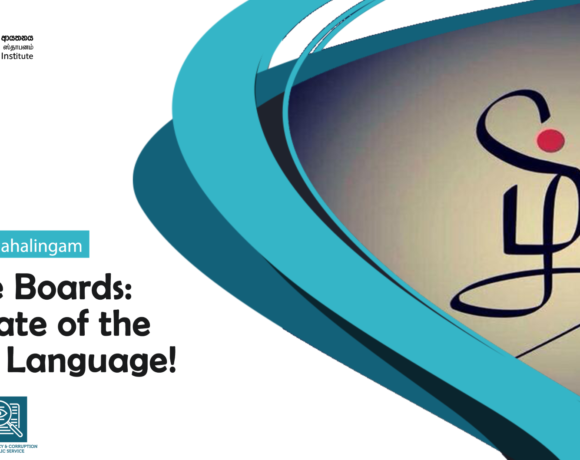Sampath Deshapriya
Provincial council elections and the provincial council system at large have once again become a major political topic in the country. At the same time, there is a debate as to whether the Provincial Council elections will be held under the old system or under the new system. The delimitation report on this has not yet been passed in Parliament.
The Provincial Councils system, which was established during President JR Jayewardene’s tenure was introduced as a solution to the ethnic problem in this country. It was the creation of the 13th Amendment to our Constitution. The provincial Council system was then handed over to a politician who held opinions against the Provincial Council system and who had stood up against the system in Parliament. He is also a former military officer.
Although the Minister’s post has been held by many others thereafter, the attitude of the present political authority towards the Provincial Councils remains silent. It should be noted that there is a difference of opinion between holding a political role at the conceptual level and a higher level of ideology.
The majority opinion about the provincial council system is that they should not be given land and police powers. The current government has also created prey of the provincial councils in the South. The provincial councils were established as a solution to the problem in the North, but as everyone knows, they did not function properly. The main objective of the provincial council system was to create an environment conducive to action and an autonomous regime for the Tamil speaking people of the North and East. Today, we wonder what extent to which the central government in the country has tried to manage matters through the provincial council system.
Under the provincial council system, there exists a relevant list of topics. Further, under the central governing body, is another topic list. Based on conversations between both provincial council and central government, is the third list of implementable topics named the Concurrent List.
Based on this, police power and land power are mentioned in the Provincial Councils Act. However, the central government has the power to resolve any issue regarding land ownership as the governor is the representative of the executive president. As a result, the majority allege that the provincial council system is an inefficient system of government.









